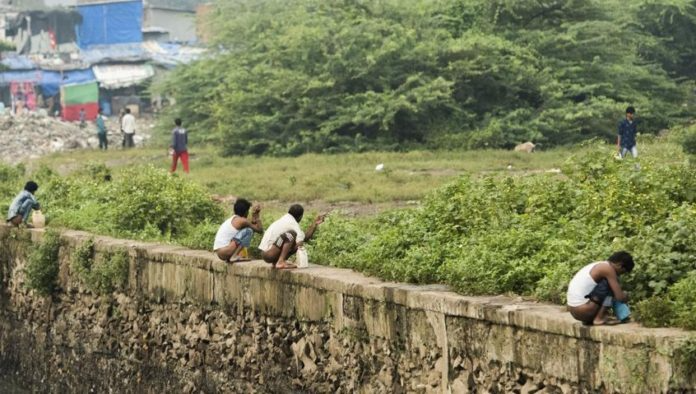The United Nations Children’s Fund (UNICEF), in partnership with the Yobe State Government, has concluded a validation workshop on its Open Defecation Free (ODF) roadmap — a major step toward ending open defecation in the state by 2030.
The WASH Manager at the UNICEF Maiduguri Field Office, Mrs Mamita Thakkar described the workshop as a pivotal moment in Yobe’s sanitation efforts.
She noted that the roadmap would guide investment and planning across all 17 Local Government Areas (LGAs) to ensure the state achieves ODF status.
“This validation of the ODF roadmap is a critical step in Yobe’s journey toward becoming open defecation free,” Thakkar said. “The process began with Machina being declared the first ODF LGA, followed by Bade and Fune in 2025.”
She explained that the roadmap outlines key milestones, targets, and strategic actions required for the state to achieve universal sanitation coverage by 2030.
Sanitation consultant Dr Bilkisu Dossah, who helped develop the roadmap, said the initiative began in January through inclusive consultations with stakeholders across various sectors.
“We engaged stakeholders from education, health, religious institutions, motor parks, markets, the Ministry of Women Affairs, and the Local Government Service Commission — with technical and financial backing from UNICEF,” Dossah said.
She urged the public to take sanitation seriously by consistently using available toilet facilities, warning that open defecation remains a major source of deadly diseases like cholera.
“Having a toilet is not enough — people must use it. Even if you own one, your neighbour’s open defecation still puts you at risk,” she said. “Nigeria currently ranks first in global open defecation rates. While Yobe has made progress, more needs to be done.”
In his remarks, Mr Abubakar Baba, General Manager of the Yobe State Rural Water Supply and Sanitation Agency (RUWASA), emphasized that the roadmap is designed to help the state meet the Sustainable Development Goals (SDGs) by 2030.
“Open defecation contributes to about 70 percent of sanitation-related diseases. Addressing this issue will significantly reduce our public health burden,” Baba said.
He noted that the roadmap extends beyond just building toilets — it includes hygiene infrastructure in schools, health centres, markets, and public spaces through public-private partnerships.
“It’s a statewide approach involving the Ministries of Health, Environment, Education, Local Government, and the private sector. Everyone must be part of this,” he added.
Baba also thanked UNICEF for funding the validation workshop, saying the support would help the state develop a robust implementation framework for its sanitation programmes.
The roadmap aligns with the Federal Government’s National Action Plan to eliminate open defecation by 2025 and achieve full sanitation coverage by 2030.


